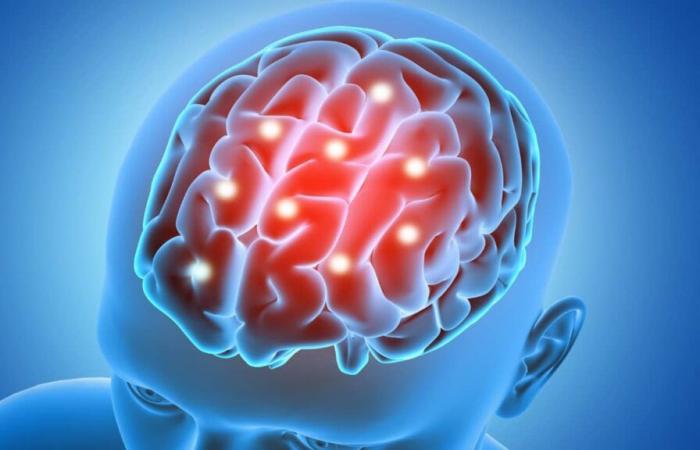It's not just the brain that stores our memories. Other parts of our body have this ability to develop memory capacities to retain information.
Memories, these precious fragments of our past, do not reside only in the twists and turns of our brain. Indeed, science is increasingly exploring the idea that other parts of the body play a crucial role in the way we store and recall our memories. From the smell of fresh bread that takes us back to childhood to nostalgic melodies that evoke forgotten moments, our memory seems to extend far beyond neuronal synapses. Recent research sheds light not only on the role of the brain, but also that of our physical environment.
Cells with memory capabilities
For a long time, science has ruled that the brain is the memory environment where learning capacity is reserved. But with all the experiences that humans accumulate throughout their existence, and if this ability was not the prerogative of the brain ? This is the hypothesis from which a team of researchers from New York University (NYU). She published the various research results in the journal Nature Communications in November 2024.
Various research has confirmed that other parts of the human body have memory capacities like those of neurons. It is in particular the case of nerve and kidney cells. According to the co-author of the study, “This discovery opens new perspectives for understanding how memory works and could lead to better methods to improve learning and treat memory disorders.”
However, unlike neurons, other cells in the body with memory capabilities do not follow the same retention processes than neurons.
SEE ALSO: How to stimulate your nervous system and increase your concentration?
We carry memories throughout the body
Like neurons, several other parts of our body store our memories. Among others, the pancreas can remember what we ate and cancer cells remember chemotherapy. “We will need to treat our bodies more like the brain, for example by considering how our pancreas remembers our past meals to maintain healthy blood glucose levels, or how a cancer cell remembers chemotherapy. »
So how do they go about keeping all this information? According to the researchers, the concept used is that of “distributed learning”. Theorized by the German psychologist Hermann Ebbinghausthis concept states that the best way to learn is to divide the sessions and space them out as much as possible and to be able to come back as many times as necessary on the things to remember. So this is how other cells are programmed to save information.
BuzzWebzine is an independent media. Support us by adding us to your favorites on Google News :






